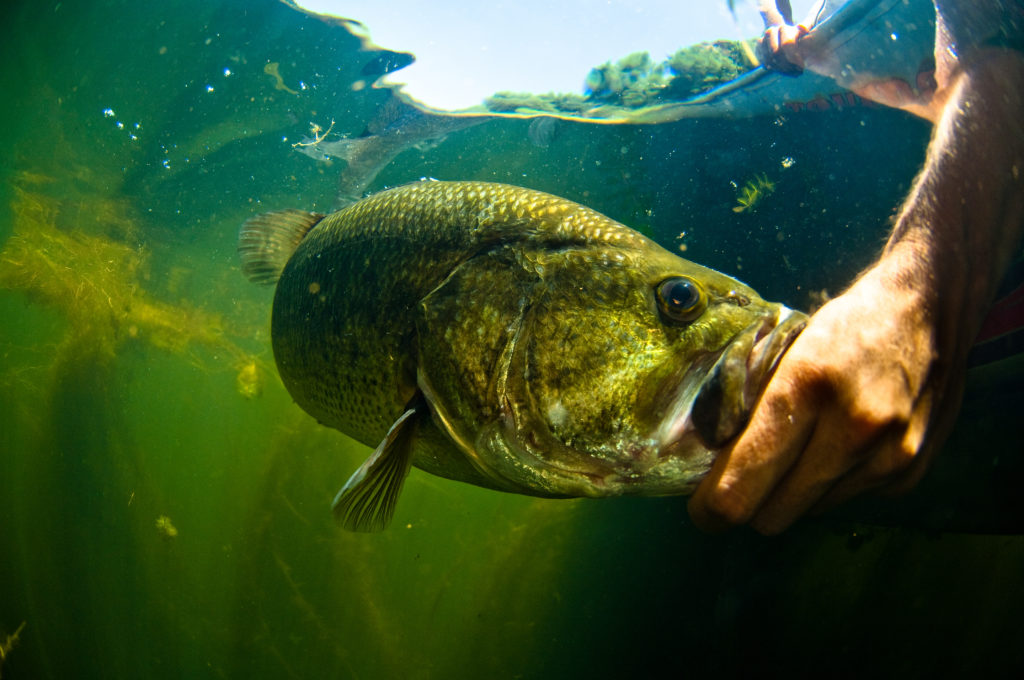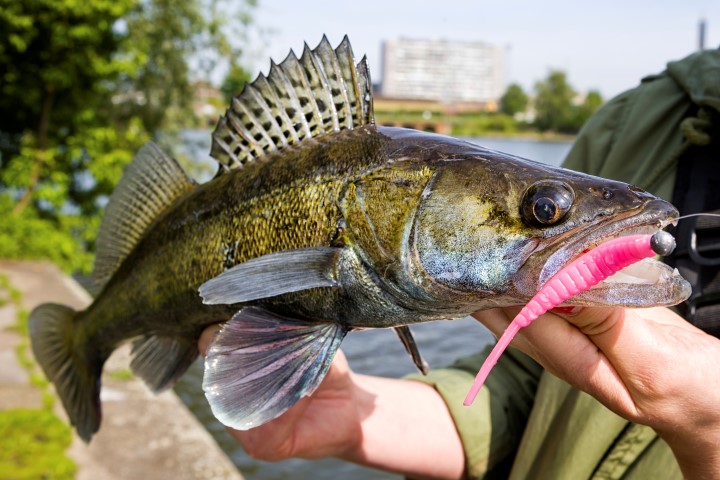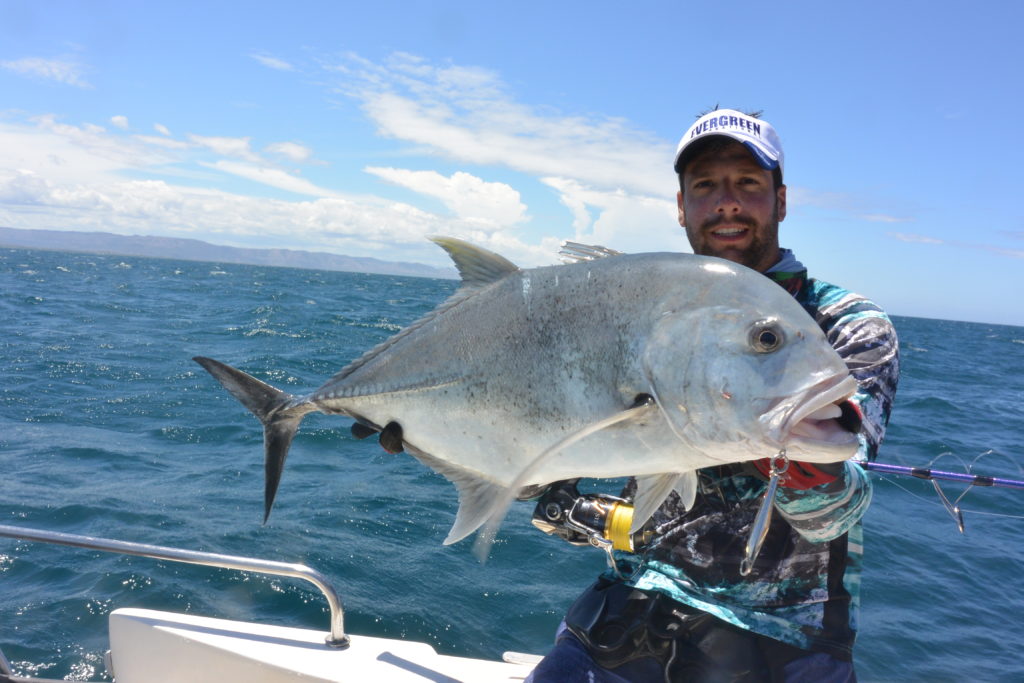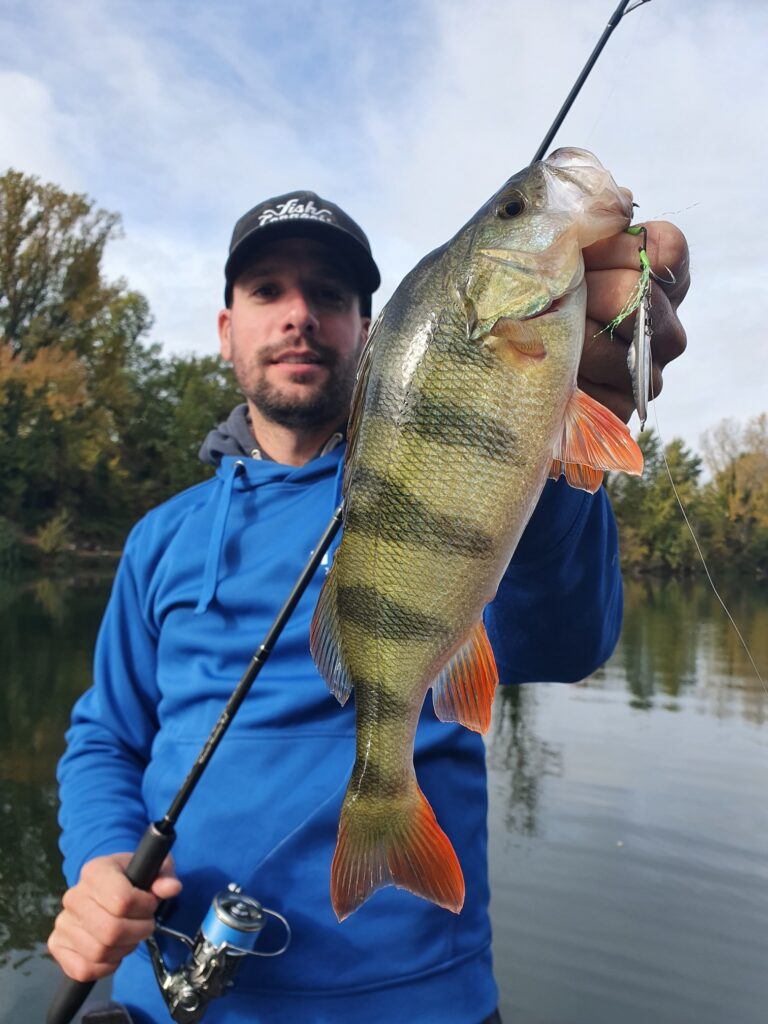
Fishing with metal jigs in freshwater came late compared with the marine environment. And yes, in the subconscious of fishermen, this category of lure was exclusively dedicated to sea fish. A huge mistake given the scores recorded on our freshwater predators. Here's everything you need to know about metal jig fishing in freshwater.
What are the physical characteristics of a metal jig?
A metal jig is a lure generally made of lead, tapered, with attachment points at both ends for its armament.
A metal jig can be symmetrical, asymmetrical, wavy or curved. These different shapes will allow the jig to swim in several different ways depending on the type of animation.
As far as weights for freshwater are concerned, you should always choose according to current and depth. But generally between 7gr and 28gr, you'll be able to fish with a metal jig in most freshwater conditions.
Made from 95% of lead and 5% of metal, this lure throws incredibly far due to its density and its perforation in the air is unrivalled in any other category of lure.
The primary purpose of a metal jig as a lure is to imitate a struggling fry. It is therefore very often fitted with two more or less realistic eyes and a metallic paint or coating.
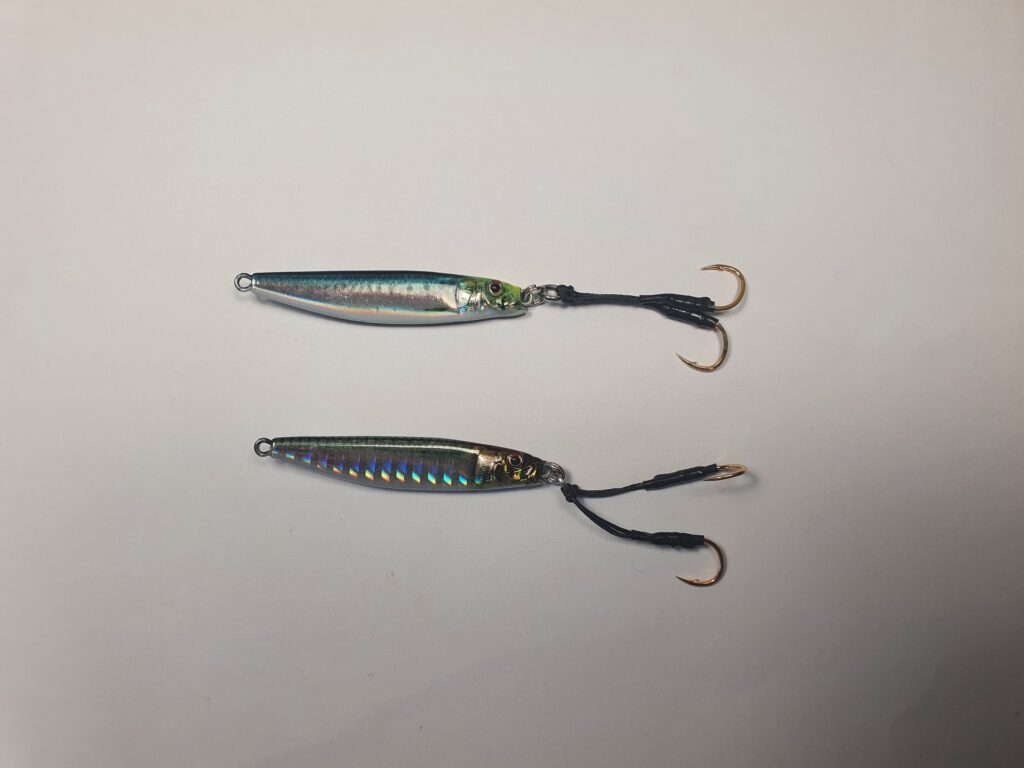
How do you animate a metal jig?
Traction fishing
This technique is well suited to this lure. The aim of pulling is to give predators the illusion that the fish is fleeing during the pull and that it is weakened during the descent.
The aim is to cast far, hit the bottom, pull the rod high and let the jig drop back a metre or so depending on the bottom and where the fish are. The lure will flutter erratically giving the impression of a sick fish.
The pFishing in thrown/pulled
Metal jig fishing with cast and retrieve consists of casting the lure, letting it sink to the desired depth and retrieving it steadily at a steady pace. This will make predators believe that a prey that moves quickly in a straight line is an easy meal to intercept because its movement is predictable.
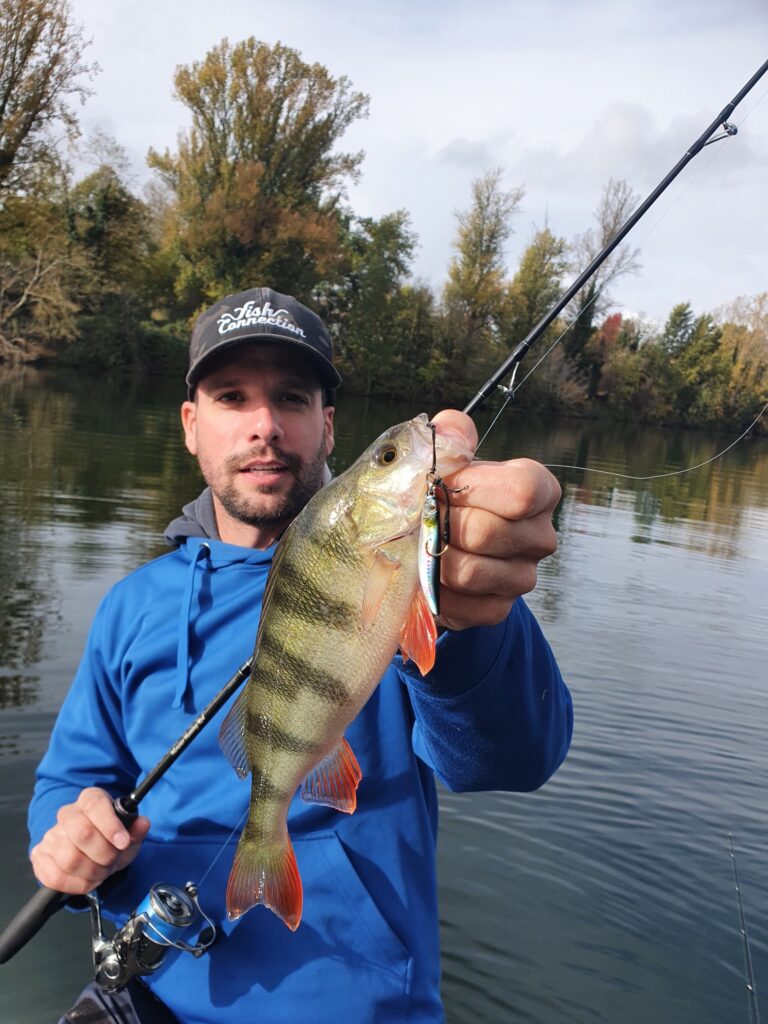
Bottom shaking
I hope I'm not boring you with this term. The aim is to fish vertically from your boat, (boat, bassboat, floatube, kayak etc...) to touch the bottom with your metal jig, to print short but dry shots by making a hover. The jig will then lift the sediment from the bottom, creating a strong attraction around the impact zone. Perch, pike-perch, bass, pike and catfish love this technique.
Traditional metal jig fishing
Exotic anglers know what they're talking about with this technique, as it's the most commonly used in jig fishing. You'll need to hit the bottom and work your way up in jerks and jerks of varying strength as you "snap" your braid to the surface. This will attract active fish chasing a school of baitfish.
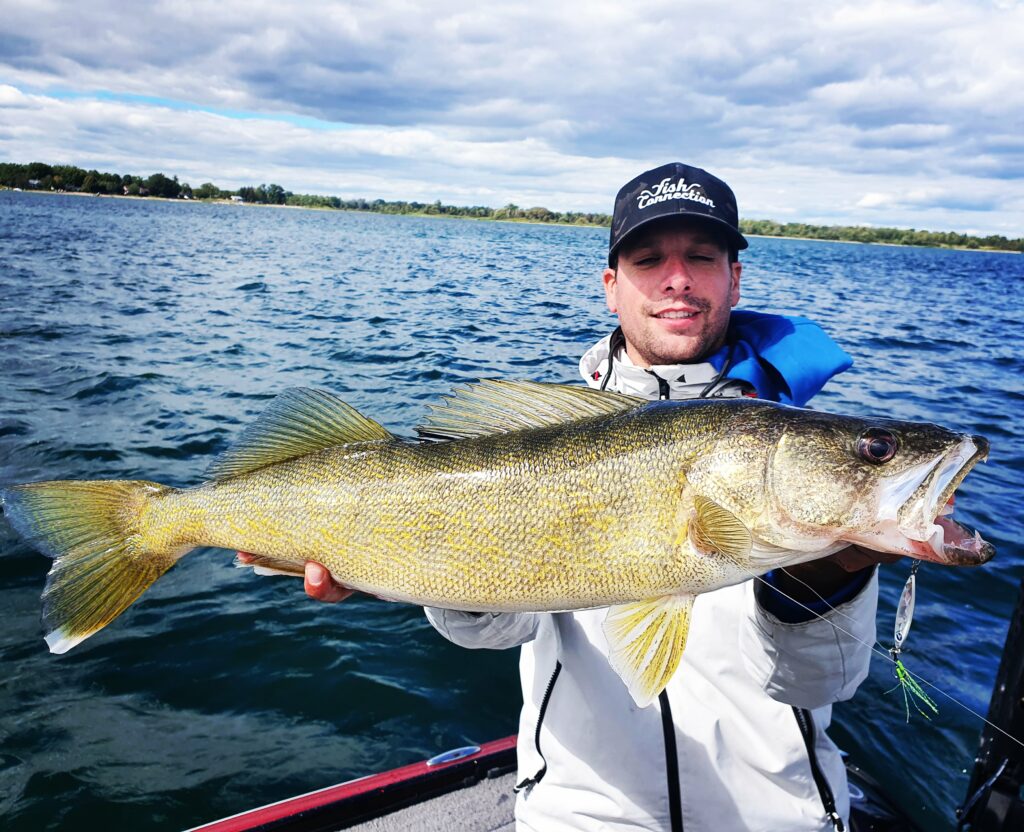
How to fit metal jigs?
There are a number of ways to properly rig this category of lure.
The first option is to fit your metal jig with a treble hook on the lower part. That said, we're not really a fan of this type of lure, as stalls are not uncommon. The fish mechanically presses on the treble and uses the high density of the lure to eject it from its jaws.
The second solution is to add an assist hook to the top attachment, i.e. a welded ring that holds a single hook mounted on cord. Double assist hooks are often found (two single hooks on cord), with a broken ring linking the jig to the welded ring of the assist hook.
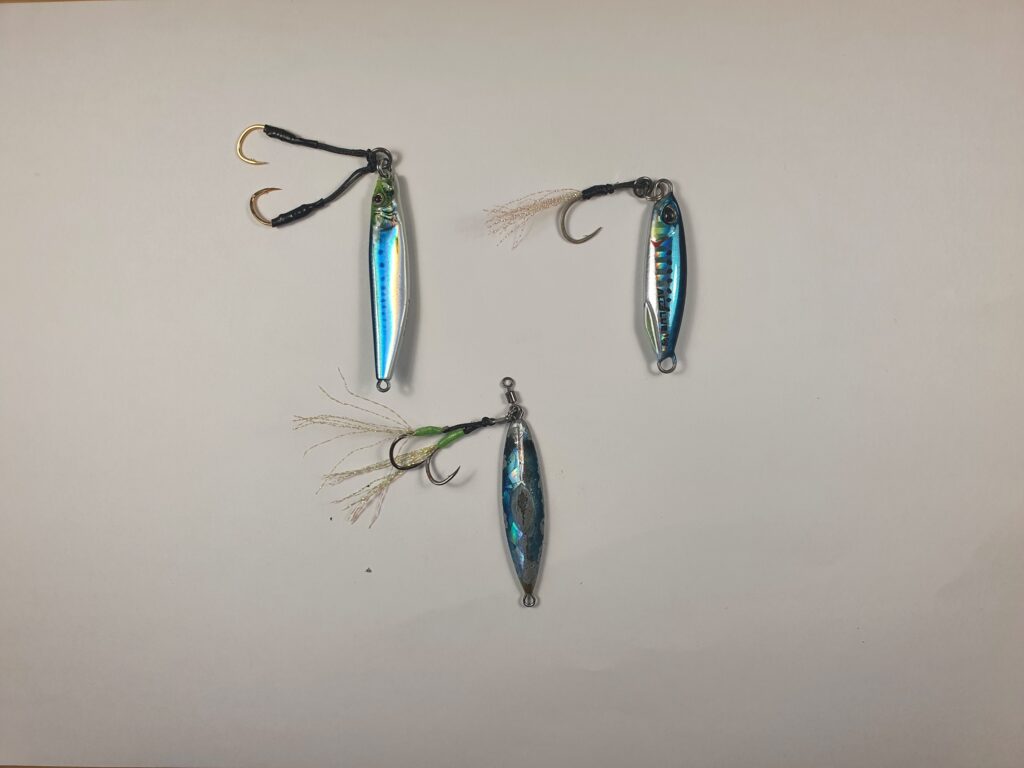
The third way The best way to rig your jig is to do a MIX of the first two options, i.e. put an assist hook on the head and a triple on the bottom attachment.
How do you attach your line correctly to a metal jig?
If you decide to fish only with a triple on the bottom attachment, I advise you to tie your line on a barrel and put a broken ring on the top attachment of the jig to avoid twisting your line.
However, as soon as you have an assist hook on your jig, you must absolutely attach your line to the welded ring!!! Never anywhere else, otherwise you run the risk of losing the weapons with the fish!
If you tie your line on the broken ring, your line can go through it and you will lose the jig, the fish and the tackle.
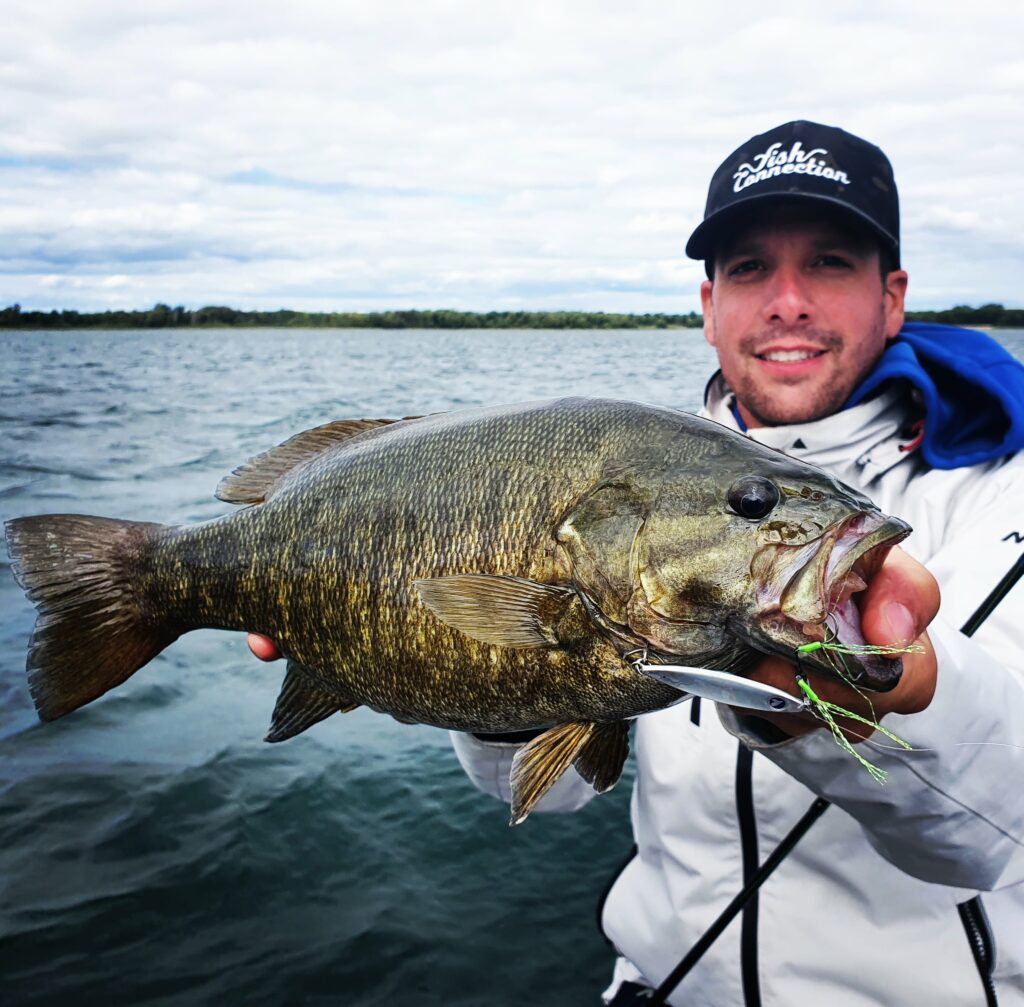
If you attach your line directly to the jig, you will restrict the swimming action of your metal jig, and the fish's head blows may be too strong for the distance between your attachment point and the hooks of the assist hook. This can cause a tear in the mouth membrane of your fish, which will cause you to lose it in some cases.
Useful links to complete this article:
Drop shot: Everything you need to know about drop shot fishing
Pike lures: 10 pike lures to have in your box of lures
The 10 best zander lures for winter
The 10 best types of black bass lures

